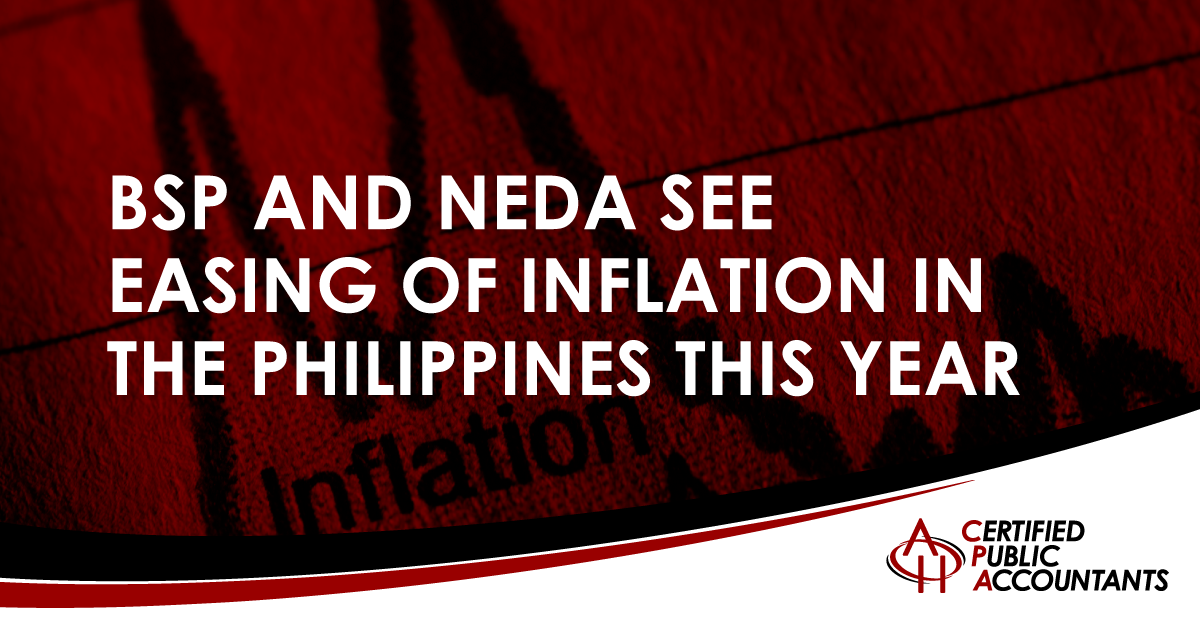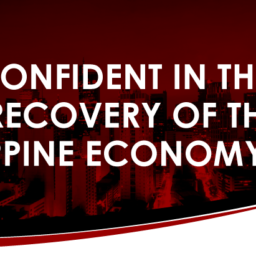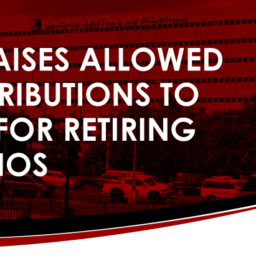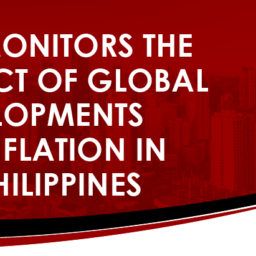
BSP and NEDA See Easing of Inflation in the Philippines This Year
Both the National Economic and Development Authority (NEDA) and Bangko Sentral ng Pilipinas (BSP) are optimistic that headline inflation would continue to decline in the upcoming months.
BSP Governor Eli Remolona Jr. stated during his remarks at the BSP’s 30th Anniversary Reception for the Banking Community over the weekend that while inflation remains an immediate concern, it has probably already peaked this year.
Remolona noted, “While still in the process of recovering from the pandemic, we were hit by an unusual confluence of supply shocks. We were hit, for example, by a spike in global prices of fertilizer -– so not just food prices and not just oil prices. This was due, of course, to the sanctions on [shipping from] Belarus and Russia.”
The BSP tightened monetary policy to contain the increasing inflation.
Remolona cited, “Today, we’re beginning to see tantalizing fruits of our efforts. Headline inflation seems to have peaked and looks to be on its way to our target range of 2 to 4 percent.”
In January of this year, headline inflation reached a high of 8.7%. However, inflation slowed to 5.4% by the end of June.
However, according to Remolona, the BSP is still keeping an eye out for inflation’s potential upside risks, such as the El Niño and other supply shocks.
Remolona mentioned, “We will wait and see. We will analyze the data as they arrive, and that analysis will decide monetary policy down the road.”
The Philippine Statistics Authority (PSA) is expected to publish official July inflation statistics this week.
Arsenio Balisacan, the secretary of the NEDA, also predicted that headline inflation in July would continue to decline.
Balisacan stated on the sidelines of the BSP’s Bankers Night, “I think it should continue then, the downward trend [of inflation].”
In addition, he pointed out that concerns include rising oil costs brought on by the conflict between Russia and Ukraine.
Balisacan noted, “We are seeing the oil prices going up a bit, right? We’ll see how the Russia moves in the Ukrainian … but I will say that it will not be as bad in terms of the global reaction of the markets as before because I suppose that you know, the world learned from those further shocks.”

















